Greek media have reported on Cyprus’s desire to join NATO, with the White House considering the scenario a “win-win” proposition. Regional politics experts told Sputnik why the US's exuberance may turn into a geopolitical and geostrategic nightmare for Washington, NATO, and the European Union if the Western bloc ever moved forward with the idea.
Biden National Security Advisor Jack Sullivan is
excited about the prospect of Cyprus joining NATO, reportedly suggesting that "the prospects that such a development" presents "would be enormous," echoing the conclusions of US lawmakers who recently visited the island, describing its military facilities as being "of enormous strategic importance" to Washington.
Cyprus President Nikos Christodoulides is said to have outlined his vision for his country's gradual integration into the Western military bloc during his visit to Washington on October 30, having previously shared the idea with the Pentagon, and with former deputy secretary of state Victoria Nuland.
The new plan reportedly revolves around first 'institutionalizing' Cyprus' relationship with NATO, and dangling the prospect of access to European resources and organizations before Turkiye in hopes of getting Ankara to drop its veto on any future NATO membership push by the island nation.
Christodoulides is reportedly also interested in expanding US arms deliveries to Cyprus, ramping up the training of Cyprus' National Guard servicemen at American military academies, upgrading Nicosia's military capabilities along NATO lines, and negotiating with Washington on a possible permanent military presence on the island, in exchange for financial assistance to upgrade military facilities, and perhaps free equipment.
“For the US, Cyprus joining NATO could enhance Western influence in the eastern Mediterranean and provide strategic access to counterbalance Russia’s presence in the region. However, these benefits must be weighed against the risks of exacerbating tensions within NATO itself, particularly given Turkiye’s longstanding disputes with Cyprus,” Venice-based international affairs analyst Dr. Marco Marsili told Sputnik.
“Far from being a ‘win-win’, such a development could deepen existing divisions within the alliance and undermine European cohesion,” Marsili emphasized, explaining that while Cyprus “may view NATO membership as a means to gain stronger international recognition and leverage in its long-standing territorial dispute with Turkiye,” the “broader implications are more complex.”
“Cyprus’ membership could escalate tensions between Turkiye and other NATO members, undermining alliance cohesion at a time when unity is critical,” he said.
Cyprus’ NATO aspirations have “been on the agenda for a long time, but the problem is, Cyprus is not recognized by Turkiye as a sovereign state,” Ankara-based security and political analyst Dr. Hasan Selim Ozertem told Sputnik. Turkiye could simply veto Cyprus’ application, he pointed out.
At the same time, Brussels is in a strategic bind in its desire to “harmonize” EU policy with NATO’s, the observer explained, with Cyprus’s exclusion from the Western bloc challenging such harmonization efforts.
On top of that, “considering the changing balances in the Middle East, Cyprus stands at a juncture of geopolitical importance,” and hence may be “trying to get something more from the American administration” via the Greek lobby in Washington before Donald Trump's return to the White House, Ozertem said.
Cyprus: Generations of Ethnic Strife With British Roots
Situated in the northeastern Mediterranean about 550 km east of the Greek island of Crete and about 65 km south of Turkiye, Cyprus was settled by Greeks in 1100 BC, with large-scale Turkish settlement starting in 1571 after the island’s conquest by the Ottoman Empire.
Before the escalation of tensions in the second half of the 20th century, Greeks, Turks and other nationalities including Armenians and Maronites proved capable of living peacefully in mixed communities across the island. In 1960, when Cyprus gained independence from Britain (which had taken possession of the island from the Ottomans in 1878), Greek Cypriots made up about 77% of the population, while Turkish Cypriots made up about 18%.
Greek Cypriots’ burning desire for reunification with Greece,
inspired by the heavy hand of British rule, combined with the
conflict-rife administrative system introduced by the British before their departure, became a recipe for an inter-ethnic conflict that turned violent in 1963, after a routine traffic stop by Greek Cypriot police near the Turkish quarter in Nicosia turned deadly, with two Turkish Cypriots killed. The incident sparked a wave of intercommunal violence across the island.
The crisis came to a head in July 1974, when Turkiye invaded northeastern Cyprus several days after the Cypriot National Guard staged a coup with the aim of reunifying with Greece.
The invasion displaced 220,000 residents from both communities, and culminated in the modern-day division of the island – with Turkish Cypriots controlling the northeastern third of Cyprus, and Greek Cypriots the other two-thirds. Turkiye backed the creation of the Turkish Republic of Northern Cyprus in 1983, becoming the only UN member to recognize the breakaway.
Unification talks aimed at ending the generations-old conflict and reunifying Cyprus were held from 2015-2017, but broke down amid mutual recriminations by both local residents and their ‘big brothers’ Greece and Turkiye.
Tensions have also been exacerbated by Cyprus’s discovery of offshore gas deposits in 2011. The gas dispute escalated in 2018, when Turkiye rejected a 2003 Cyprus-Egypt maritime border deal, and blockaded the drilling ship of a European energy company contracted to search for gas. The dispute led both sides to ramp up efforts to ink competing diplomatic and security deals, and prompted Cyprus to increase security cooperation with France and the US, to Turkiye’s fury.

 1 month ago
33
1 month ago
33
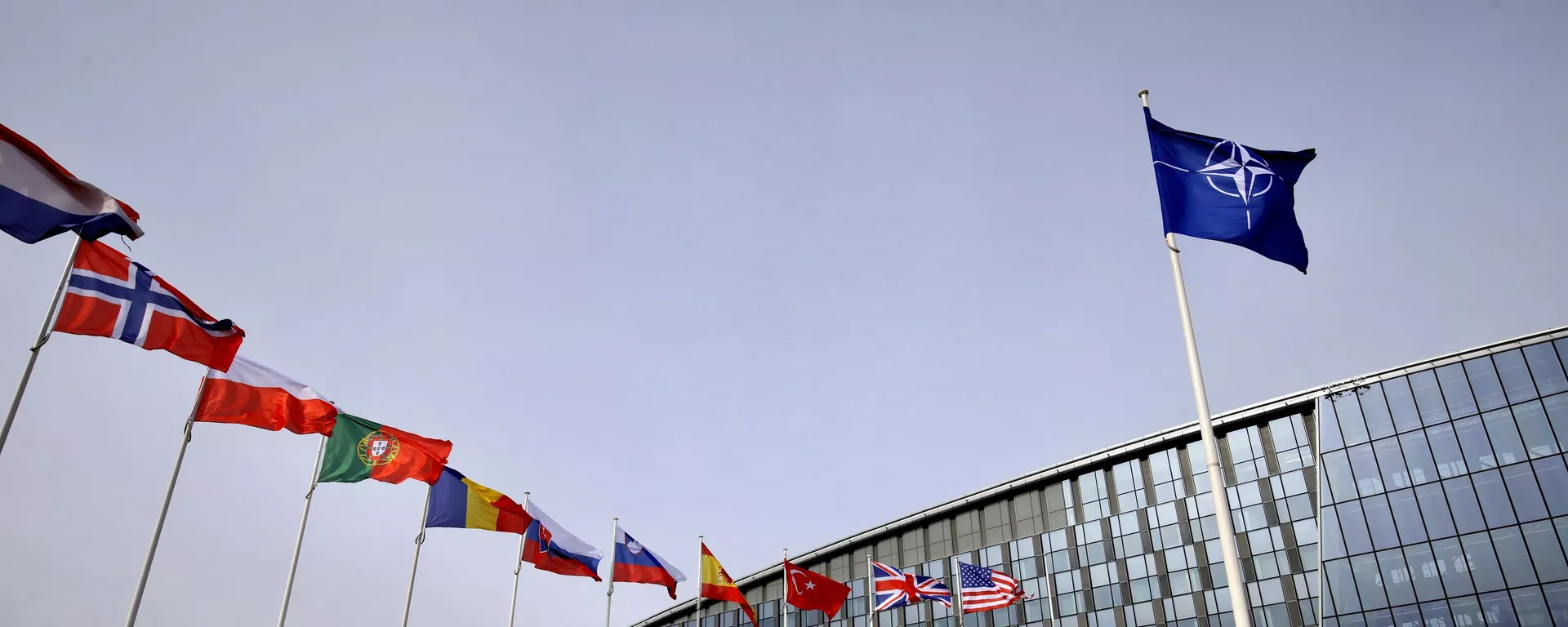
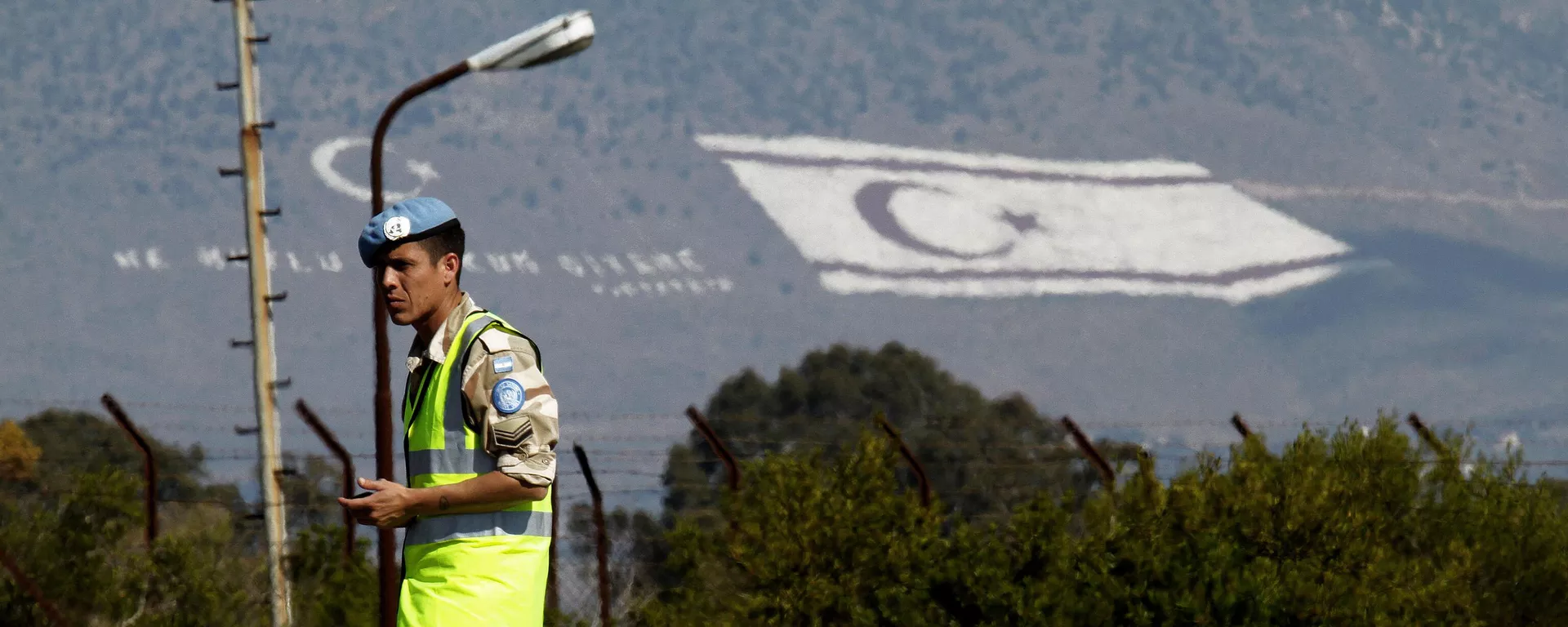
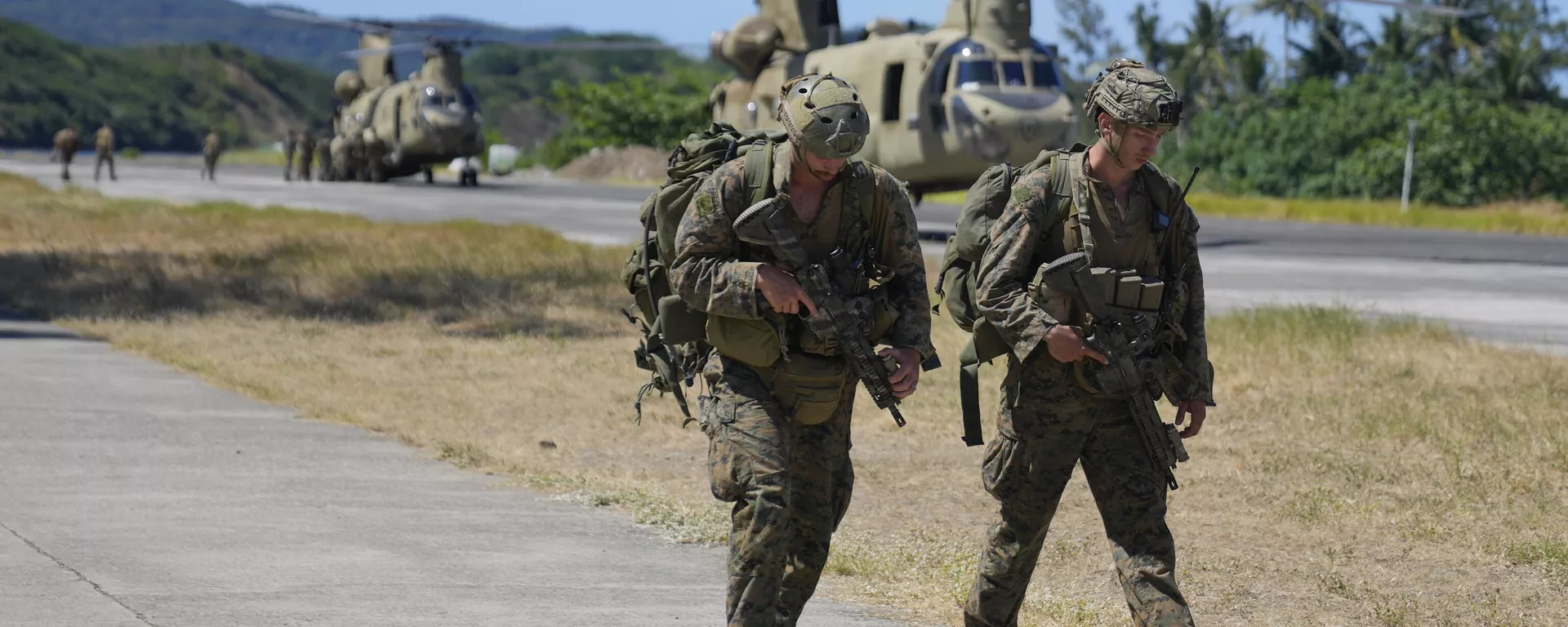
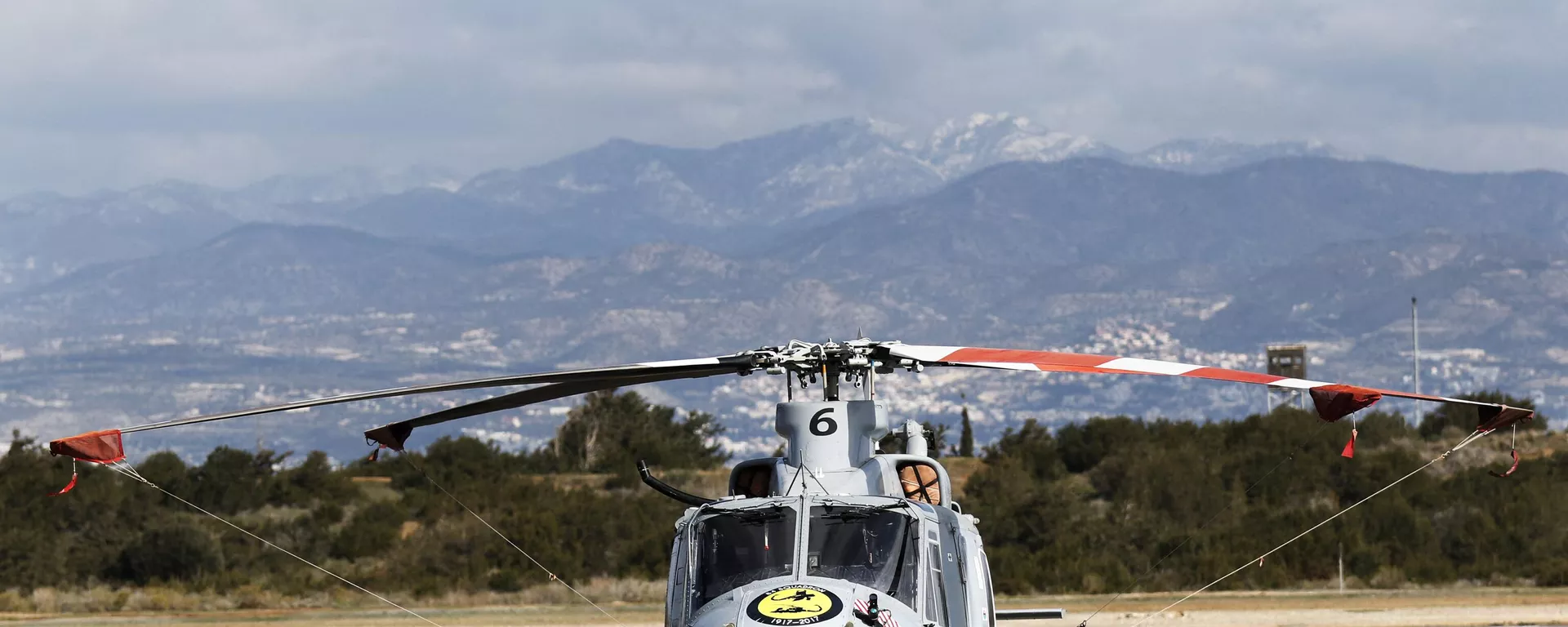

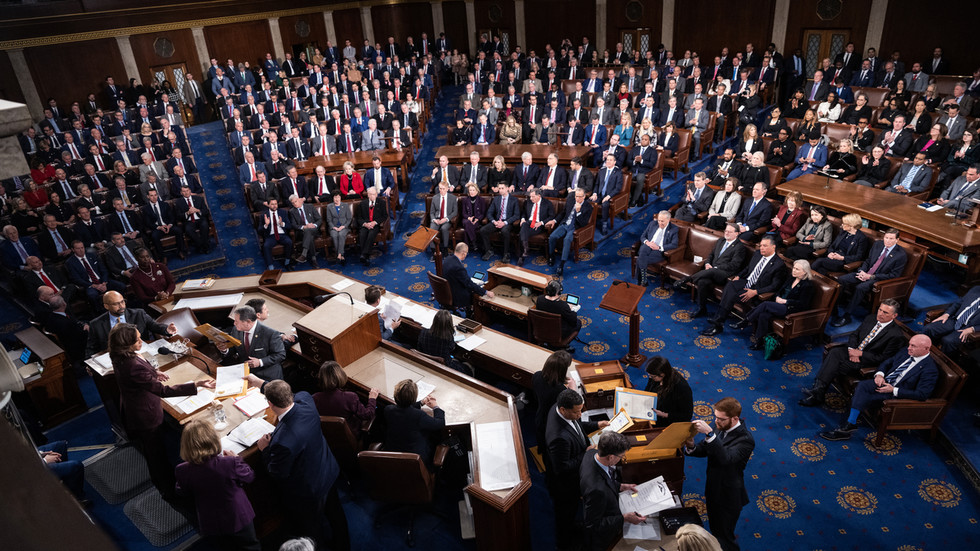


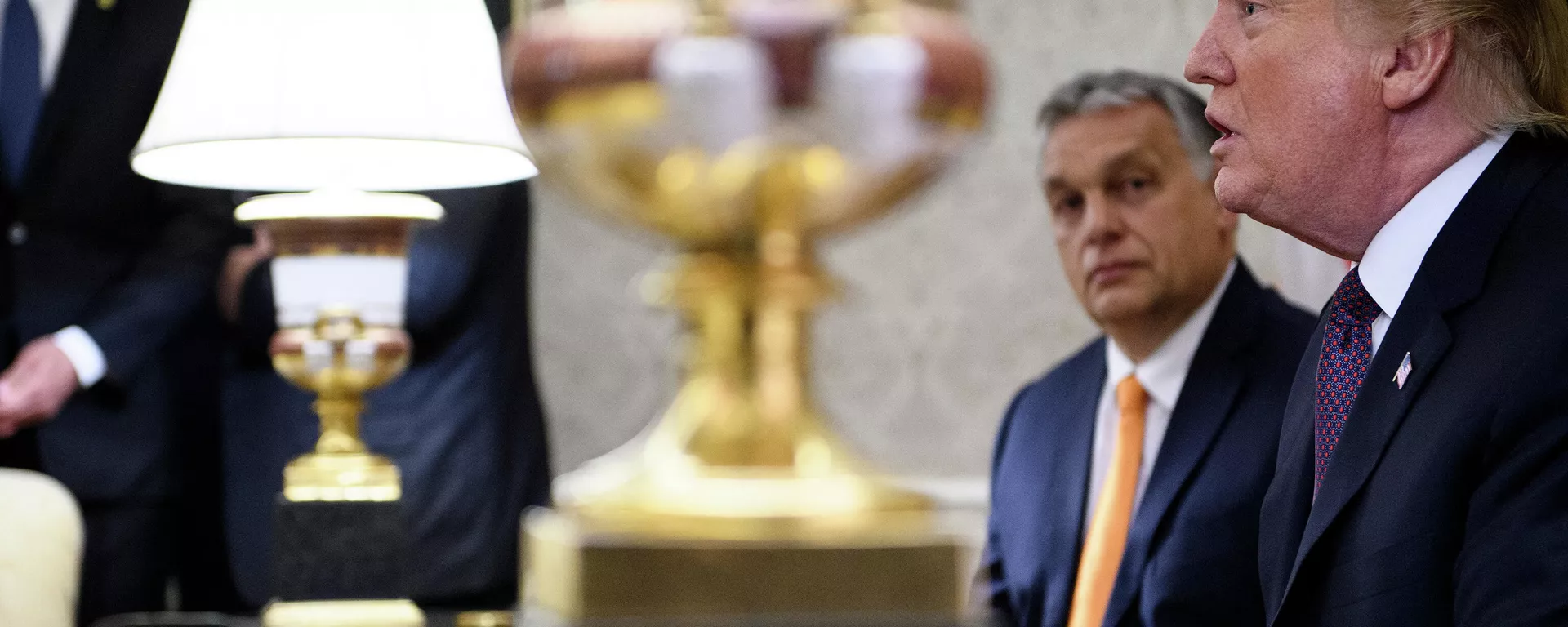

 We deliver critical software at unparalleled value and speed to help your business thrive
We deliver critical software at unparalleled value and speed to help your business thrive






 English (US) ·
English (US) ·